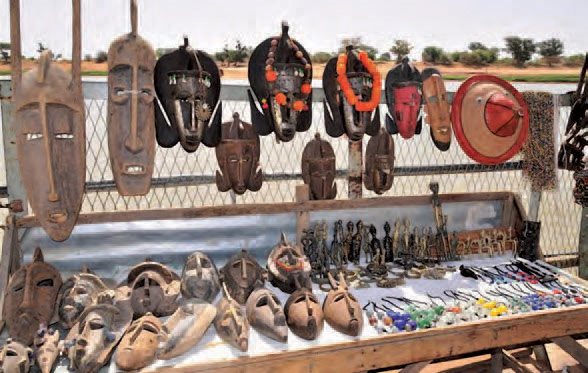Expeditions and Field Studies
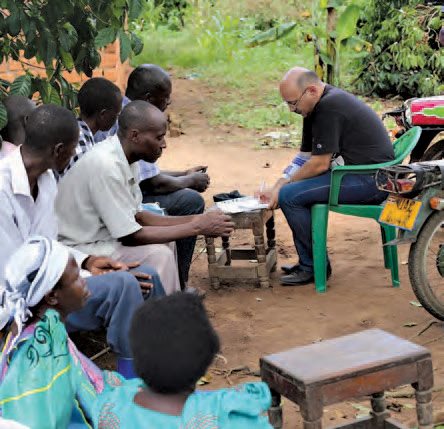 Scientific expeditions have always been one of the brighter components in the activities of the Institute for African Studies. The key feature of all research expeditions in African countries have been their integrated nature.
Scientific expeditions have always been one of the brighter components in the activities of the Institute for African Studies. The key feature of all research expeditions in African countries have been their integrated nature. 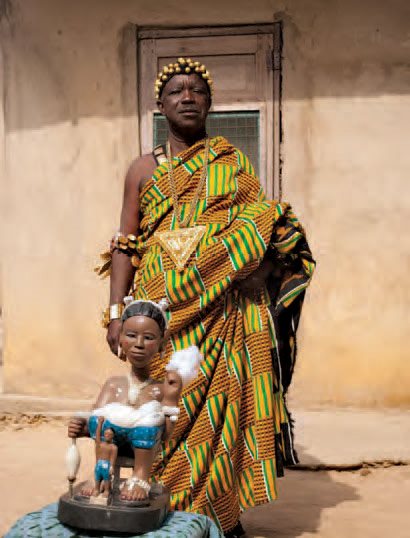 The Institute’s field studies started with the 1971 joint Soviet-Somali expedition. The focus of the participants of the expeditions was placed on socioeconomic processes in Somalia and the history of the national liberation movement of the Somali people.
The Institute’s field studies started with the 1971 joint Soviet-Somali expedition. The focus of the participants of the expeditions was placed on socioeconomic processes in Somalia and the history of the national liberation movement of the Somali people.
The Russian expedition to Ethiopia in 1991-1992 followed the tradition of previous field studies and gathered unique historical and ethnological material. On the basis of a sociological survey of various groups of population there was conducted a comprehensive analysis of the social structure of Ethiopian society.
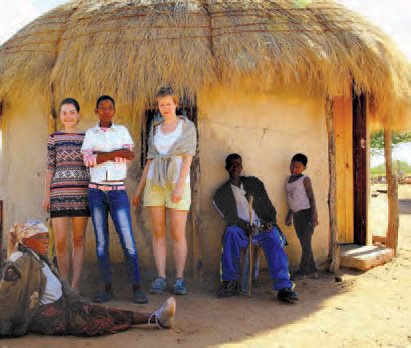 In the 2000s, expeditions and field studies became a priority for the Institute. In 2003, an expedition was sent to Tanzania, where it studied inter-confessional relations and their impact on social development. It became the first expedition to East Africa in the history of Russian African Studies. In 2005, the second expedition to Tanzania aimed at exploring interethnic and interracial relations in the country.
In the 2000s, expeditions and field studies became a priority for the Institute. In 2003, an expedition was sent to Tanzania, where it studied inter-confessional relations and their impact on social development. It became the first expedition to East Africa in the history of Russian African Studies. In 2005, the second expedition to Tanzania aimed at exploring interethnic and interracial relations in the country.
In 2006-2008, within the framework of the Russian Humanitarian Science Foundation programme “Image of Russia in the Modern World”, the Institute's researchers took part in the field studies in Benin, Egypt, Morocco, Nigeria, Somalia, Sudan, Tanzania and South Africa.
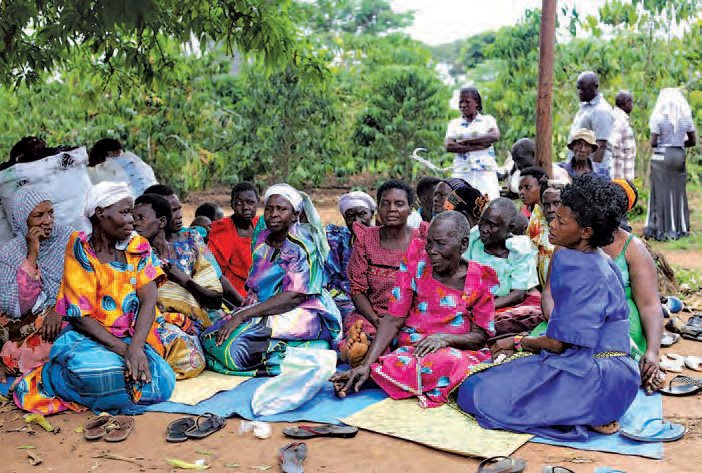 |
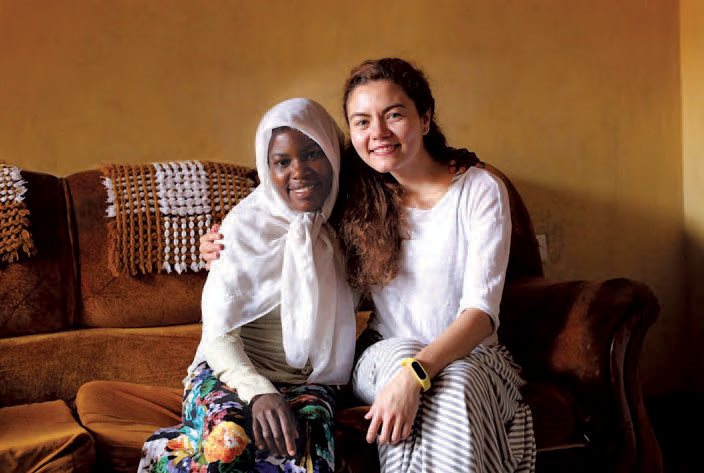 |
In the 2010s, numerous field studies were conducted in Burkina Faso, Ghana, Zambia, Kenya, Niger, Tanzania, Ethiopia, South Africa and other African countries. The most recent significant field project in Africa was the study of Old Believers in Uganda in 2017–2018.
 |
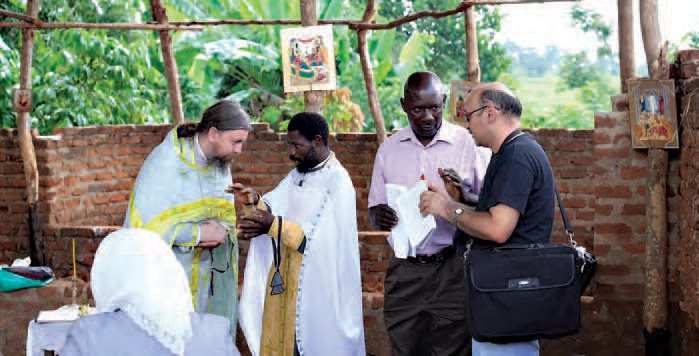 |
One of the promising areas of research of the IAS that began in the mid-2000s is the study of the process of sociocultural adaptation of voluntary migrants and forcibly displaced persons from Africa and their descendants. Within this project, sociological surveys were conducted among immigrants from African countries in Western Europe and in Russia. In 2013-2015, an extensive field study was conducted in the United States with the aim of studying the characteristics of the mutual perception and interaction between migrants from African countries and African Americans.
 |
 |
The findings of the expeditions and field studies have been published in individual and collective monographs, collections of works, and articles in Russian and foreign scholarly journals.
